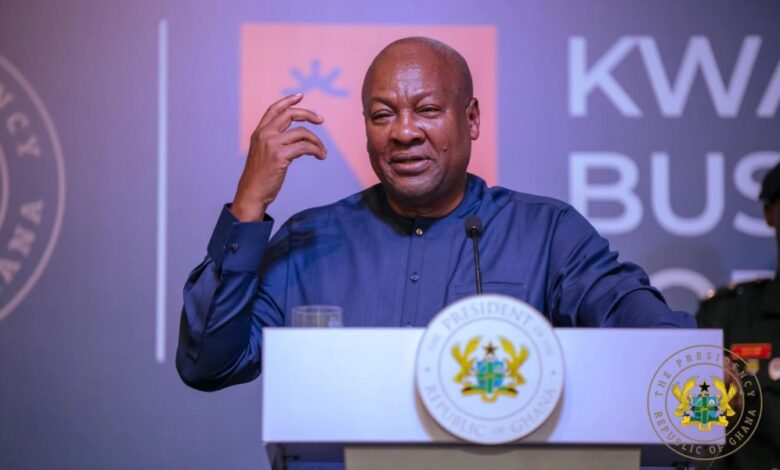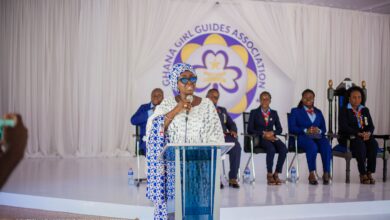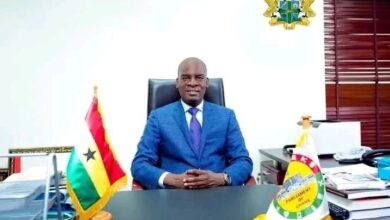5 things we learnt from Mahama’s first major media encounter

President John Dramani Mahama used his first media engagement on Wednesday to outline what he called a “national reset”, a plan to restore hope, rebuild the economy, and reaffirm Ghana’s commitment to social justice and inclusion.
From education to health care, agriculture, and research, the President walked the nation through the progress of his eight-month-old administration.
Here are five key takeaways from his address:
1. A reset of governance and the economy
Mahama reminded Ghanaians that his mandate was not just about changing leaders but about changing direction.
“That December 7th vote was a call not just for leadership, but for a change of direction, for honesty, for accountability, and for a reset.”
He said nuisance taxes have been slashed, power supply stabilized to avert another “dumsor” crisis, and inflation brought to a four-year low. The exchange rate has also been eased to make business transactions smoother.
2. Big investments in education
Education dominated much of his remarks. Mahama emphasized continuity with Free SHS, pledging not only to maintain it but to strengthen it:
“Contrary to the widespread misinformation… the Free SHS policy has not only been maintained, indeed it has been strengthened.”
He highlighted the No-Fee Stress Policy, refunding fees to 120,000 first-year tertiary students, alongside the Student Loan Plus Policy, which will provide flexible financing for low-income households. Importantly, he announced that persons with disabilities will now benefit from Free Tertiary Education, making higher learning more inclusive.
3. Health
The President revealed a significant 13.4% increase in the national health budget, alongside a 66% rise in NHIS funding — from 5.9 billion cedis to 9.8 billion cedis in 2025.
“This is not just a budget line, it’s a life-saving commitment.”
Government is also investing 2 billion cedis in health infrastructure by 2028, with a focus on ensuring that every Ghanaian has a facility within reach.
4. Research, innovation and intellectual sovereignty
For Mahama, a “knowledge-based economy” is non-negotiable. He announced the creation of the Ghana National Research Fund with an initial allocation of 50 million cedis. The goal is to reduce reliance on foreign funding and allow Ghana to own the intellectual property of its researchers.
“By investing in our thinkers, we are investing in our future and asserting our intellectual sovereignty.”
As part of this agenda, five PhD candidates at every university will receive full scholarships annually.
5. Social inclusion and period poverty
Mahama underscored his government’s commitment to dignity and inclusion, especially for women and girls. Over six million sanitary pads have already been distributed to schools nationwide, helping to end period poverty and reduce absenteeism.
He added that these initiatives are part of a broader push to “reset Ghana” in a way that no one is left behind.




